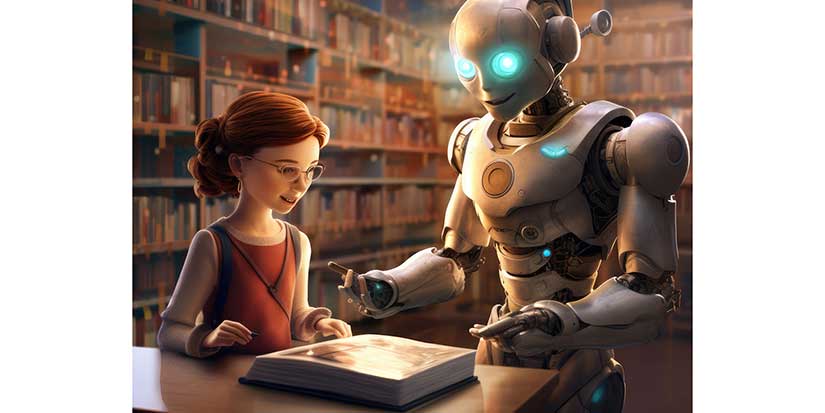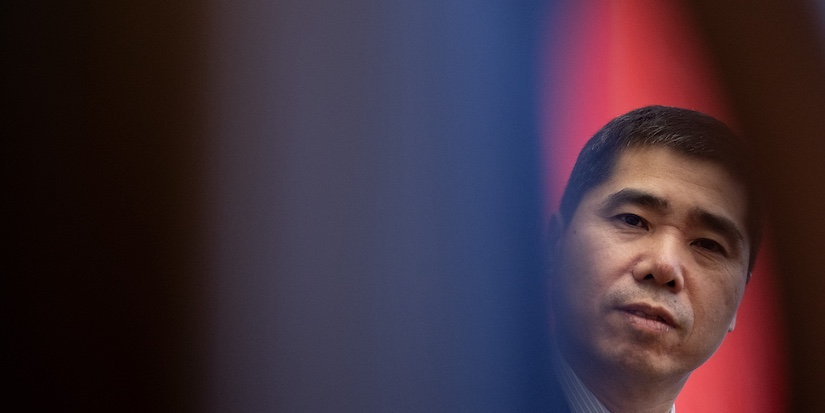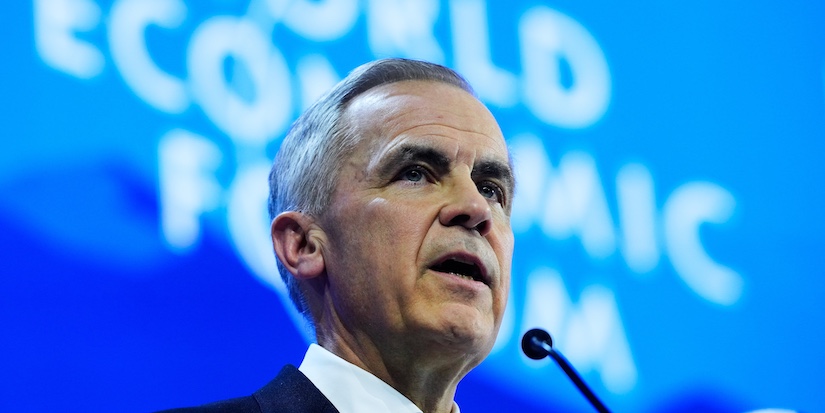Latest News
Understanding education in the age of AI

By Yolanda Wei
Published 10:57 PDT, Fri August 29, 2025
—
September arrives with a flurry of cold air, rainy mornings, and a stack of textbooks. Whether students are ready or not, back-to-school time is here. In an age where artificial intelligence (AI) like ChatGPT can write papers from start to finish, summarize multi-page readings, and even teach lessons, we have to acknowledge that education as we know it has changed.
Fundamentally, AI cements itself as a breakthrough in technology—computer systems performing tasks that typically require human intelligence—and for the younger generation, they see a tool that makes school easier, not understanding how it will change their learning. By introducing AI into the lives of students, what is taken away from them? How will education change?
To explore the landscape of opinion and help readers understand what is to come, the Richmond Sentinel sat down with two recent high school graduates—AC from Richmond, and AZ from the San Francisco Bay Area in California—to hear what they had to say. It is important to note that these are individual thoughts and opinions that are not representative of the Richmond Sentinel.
Just how dependent have students become on AI in just a few short years? The answer is more than you think. AC and AZ begin the conversation by sharing what they use AI for.
“Mostly for school and sometimes for ideas. I have also been using it to help explain problems I can't figure out,” AC says. Then she admits, “I don't try as hard nowadays to solve math problems. If I can't get it the first time, I'm like, ‘Here you go, AI, go solve it’. AZ does not personally rely on AI, but he knows of many peers who do. “Some of them use it for tests, some for homework, and some for research.”
They know that school and learning are beginning to look quite different. AZ believes that the fundamentals of learning, such as reading and arithmetic, will always be important, but that AI can automate things of lesser importance. AC suggests that AI could benefit educators, as one of her teachers experimented with uploading a textbook chapter into an AI chatbot for the students to try out. She recalls, “It was pretty accurate and actually helped me learn.”
Undoubtedly, AI is shaping the educational landscape, forcing students and teachers alike to take action. Teachers have been trying to regulate artificial intelligence use through device bans and AI checkers, which have only proved effective to a certain degree. At this point in time, students are responsible for their own learning just as much. As AZ says, “Ultimately the learning part of school will be more on the student than before.”
Both AC and AZ agree that the skill sets of students will change drastically. “These days, students don't actually need to know the content and use their brain as much. They just need to know how to make AI do it all,” AC says. “You don't need any writing skills. You can just ask AI to write you an essay.”
What happens if the next generation of students does not learn skills like writing? AC sees both sides of the discussion. “If it’s a huge time saver, you can spend your time learning other things [instead of writing]. You could research something beyond what AI can do to help humanity, but also it could be a big problem: people becoming lazy, or not being able to think for themselves.” AZ agrees and points out there will be value in the ‘human.’
“I think we still need people to write from scratch, because ultimately you lose a lot with AI.”
This is the age-old conversation about writing and thought. If they are connected, when people cannot write, then their ability to think is diminished too. A new study out of MIT reveals that those who relied on AI to write essays demonstrated low neural connectivity, which is related to diminishing creative and critical thinking abilities, compared to those who wrote without AI.
AC and AZ were both unsurprised and showed concern, but the convenience of AI these days seems to outweigh everything. “It's just easy, and it's right there—I can't really stop myself from using it,” AC admits.
“It's definitely happening,” AZ acknowledges potential cognitive decline, but he is confident about the future. “Hopefully everyone will be able to find the thing they want to do. The analogy I'll use is biking. If you're biking and you see this hill, you can say, ‘I don’t want to go over this big hill,’ and chooses another route that goes downwards. But eventually, to go anywhere, you have to go over some hills.
“In an optimistic future, we’ll take the easy route for the hills we don’t want to climb, but for every person, there'll be some idea or topic they want to struggle through and gain insight on, and then they'll climb those hills really well. AI focuses ‘the climbing.’ They don't need to try very hard on writing and math. They can say,’All I want to do is science, so I will let AI take care of the rest, and I will go forth and try to climb this massive hill’."
AC nods but worries that more people will be unwilling to challenge themselves and climb any hills in the first place. “I hope not, but I don't really know because AI is still growing. Maybe it'll become really good, and then everyone will use it, transforming us into a super, high-tech, cyberpunk society, but I really don't know which way society's going to go.”
“Yes, but you can change it,” AZ declares with enthusiasm. His final words ring true—if anyone can change the world, it is the younger generation, and change starts with a conversation, just like the one had here.
Artificial intelligence is the next chapter, the next conquest, in the human story. There is no definitive answer yet for how to deal with the technology, but simply being open to discussion is progress. With a clear and critical understanding of the tools that drive our society, we can begin to create a meaningful world where the best of human minds and artificial intelligence work together.





























